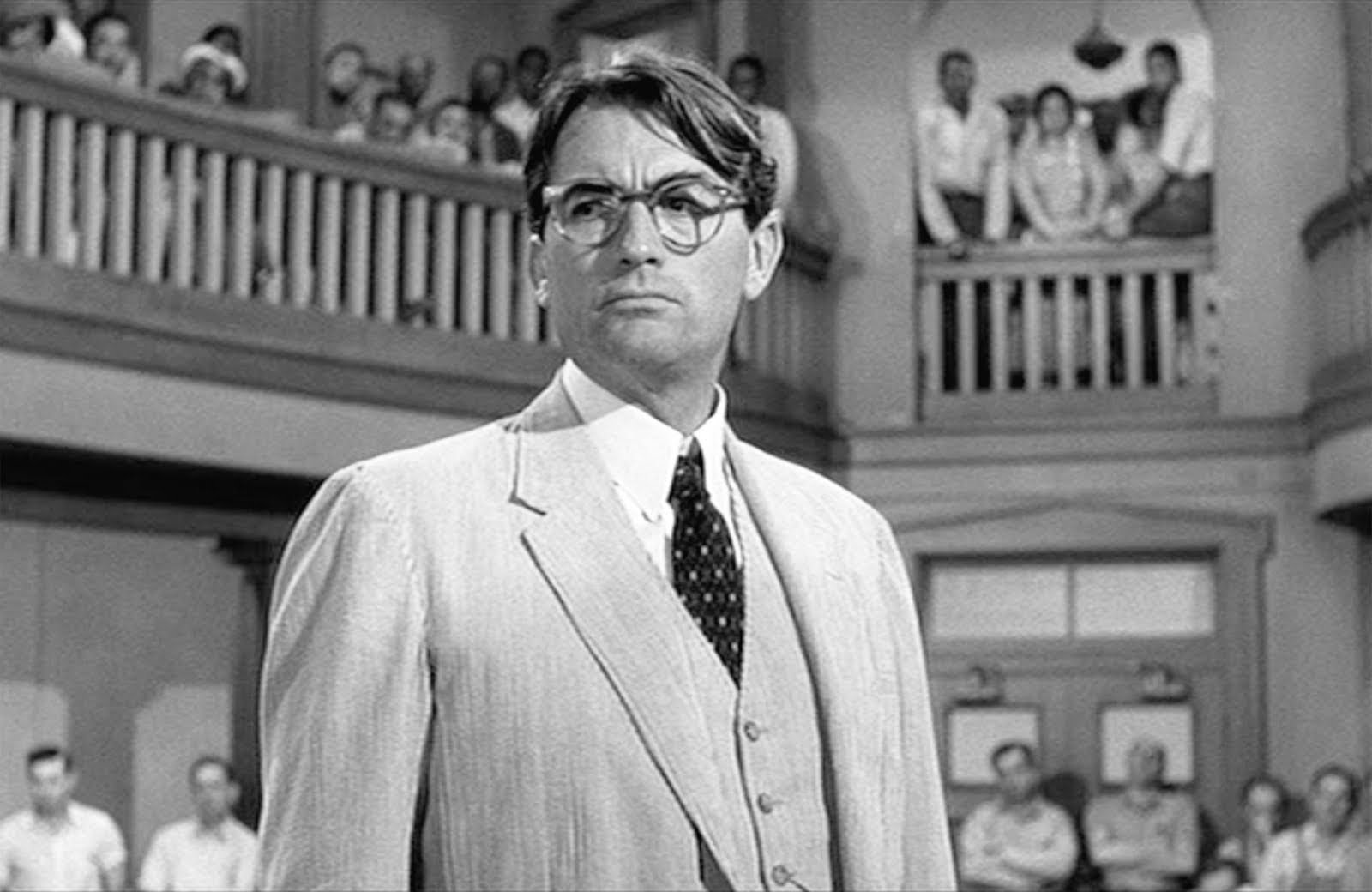
The storywas almost immediately snatched up by Hollywood, and the Alan Pakula-directed film had the double distinction of landing Gregory Peck an Oscar for his portrayal of Finch and giving Robert Duvall, with a briefrole as the mysterious Boo Radley, the first ofhis seemingly coundess screen appearances.

Published in die fall of i960, the novel had already sold five hundred thousand copies and been translated into ten languages by the time it received the Pulitzer Prize in 1961. In the twentieth century, To KillaMockingbirdis probably the most widely read book dealing with race in America, and its protagonist, Atticus Finch, die most enduring fictional image ofracial heroism. 1960s is HarperLee's To KillaMockingbird, the Depressionera account of Atticus Finch's legal defense of a black man wrongly accused ofraping a white woman, told through the eyes of Finch's nine-year-old daughter, Scout. And yet looming among the most popular and enduring works on racial matters since the. In coundess cul- Ü touchstoneturai productions and scholarlyworks from the civil rights r r j era and more recent decades, African Americans are the¦/ o J J subjects in the exploration of racial inequality in Ameriand respect.can history and life.

One of the basic questions raised in the 1960s that reverberates in multiculturalism today is who in our society is allowed to speak authoritatively on racial issues. The current offspring of this movement is multiculturalism, a term that encompasses a range of progressive educational techniques, policy recommendations, and social movements that celebrate racial and ethnic differences and seek to empower people to pursue goals of personal and communal freedom. In lieu of an abstract, here is a brief excerpt of the content:ĮSSAY The Strange Career ofAtticus Finch by Joseph Crespino ß^^^? ontemporary debates concerning race in America owe much to ^^H| the 1960s when African Americans and other minority groups _^^^1 gained basic legal protections and rights of citizenship denied them in the century following Reconstruction.


 0 kommentar(er)
0 kommentar(er)
